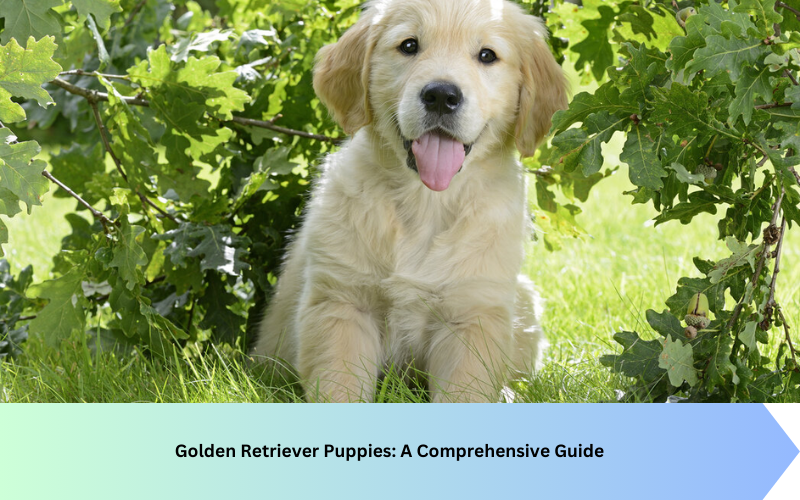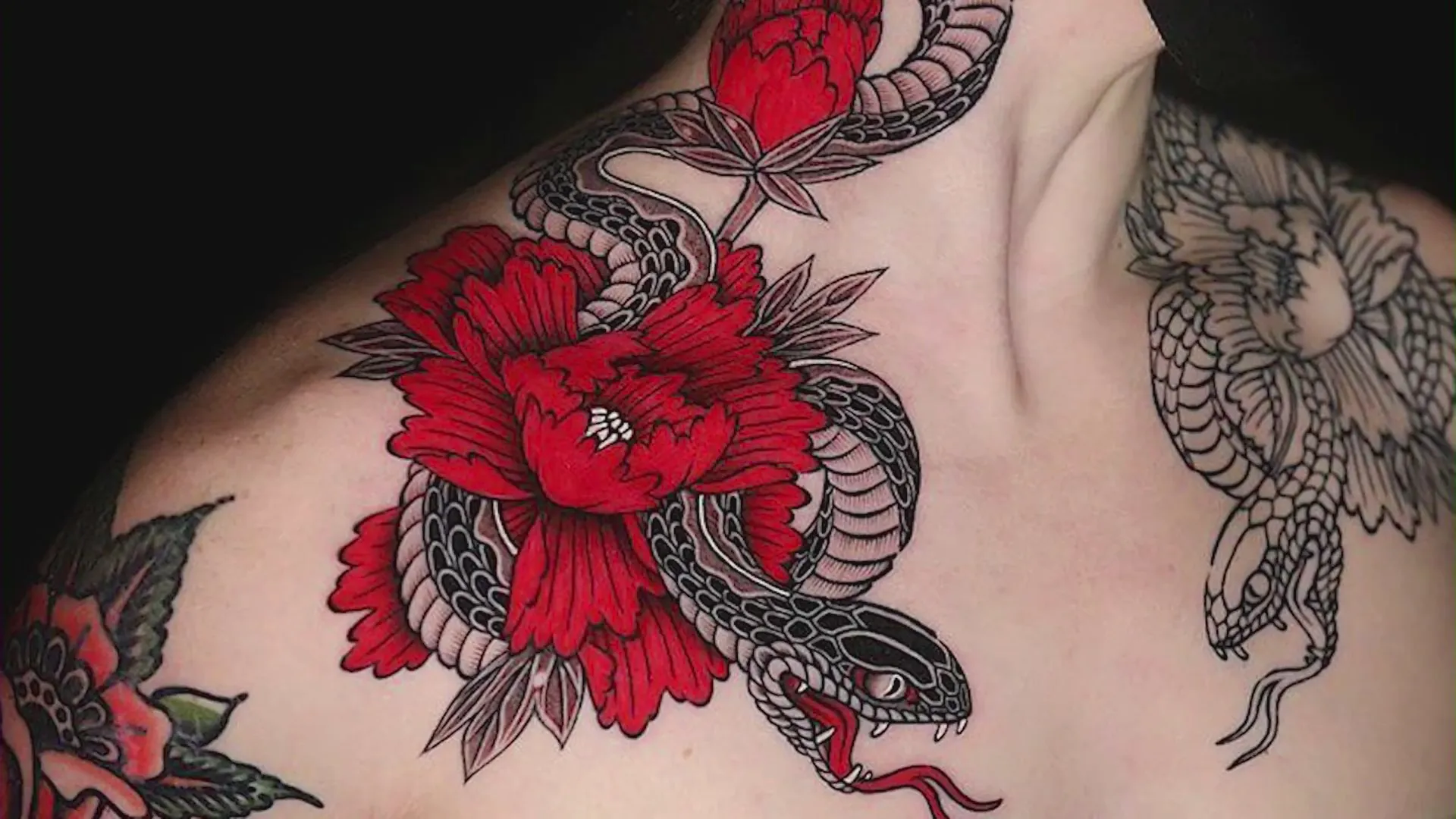Golden Retriever puppies are one of the most beloved and popular dog breeds around the world. Their friendly demeanor, intelligence, and charming appearance make them an excellent choice for families, singles, and seniors alike. But what is it that makes Golden Retriever puppies so special? Let’s dive into the world of these adorable furballs and explore everything you need to know about them.
History of Golden Retrievers
Golden Retrievers originated in Scotland in the mid-19th century. They were initially bred for their skills in retrieving game for hunters, both on land and in water. The breed was developed by crossing the now-extinct Yellow Retriever with the Tweed Water Spaniel, along with other breeds such as the Bloodhound, Irish Setter, and more. Over time, they became recognized for their versatility and excellent temperament, leading to their widespread popularity.
Physical Characteristics
Size and Weight
Golden Retriever puppies grow into medium to large-sized dogs. Males typically weigh between 65-75 pounds and stand about 23-24 inches tall, while females weigh around 55-65 pounds and reach heights of 21.5-22.5 inches.
Coat and Colors
Golden Retrievers have a dense, water-repellent outer coat with a thick undercoat. Their coat colors range from light golden to dark golden, and they have a beautiful, feathery tail and legs.
Distinctive Features
Golden Retrievers are known for their kind eyes, friendly expression, and well-balanced, sturdy build. Their broad heads, straight muzzles, and black noses contribute to their characteristic look.
Temperament and Personality
Friendly Nature
Golden Retrievers are famously friendly and gentle. They are known for their affectionate and sociable personality, making them great companions for families and individuals.
Intelligence and Trainability
These puppies are highly intelligent and eager to please, which makes them easy to train. They respond well to positive reinforcement techniques and can excel in obedience training, agility, and even service work.
Interaction with Children and Other Pets
Golden Retrievers are wonderful with children and usually get along well with other pets. Their patience and gentle nature make them an excellent addition to a multi-pet household.
Caring for Golden Retriever Puppies
Nutrition and Diet
Feeding your Golden Retriever puppy a balanced diet is crucial for their growth and health. High-quality puppy food, rich in proteins, fats, and essential nutrients, is recommended.
Exercise Needs
Golden Retriever puppies are energetic and require regular exercise to stay healthy. Daily walks, playtime, and mental stimulation are essential to prevent boredom and promote well-being.
Grooming Requirements
Regular grooming is important to keep their coat healthy and free of tangles. Brushing your Golden Retriever puppy’s coat several times a week and occasional baths will help maintain their beautiful fur.
Health Considerations
Common Health Issues
Golden Retrievers are prone to certain health issues, including hip dysplasia, elbow dysplasia, and certain heart conditions. Regular check-ups and a healthy lifestyle can help mitigate these risks.
Regular Veterinary Care
Routine veterinary visits are essential to monitor your puppy’s health. Vaccinations, parasite control, and dental check-ups are part of a comprehensive health care plan.
Preventative Measures
Maintaining a healthy diet, regular exercise, and providing a loving environment are key preventative measures to ensure your Golden Retriever puppy thrives.
Training Golden Retriever Puppies
Basic Obedience Training
Start with basic commands like sit, stay, and come. Consistent training sessions and positive reinforcement will help your puppy learn effectively.
Socialization Techniques
Expose your Golden Retriever puppy to different environments, people, and other animals. This helps them develop confidence and good social skills.
Advanced Training Tips
Once your puppy masters the basics, you can move on to more advanced training like agility, tricks, or even therapy dog training.
Living Environment
Ideal Home Settings
Golden Retrievers thrive in homes with ample space to move around. They enjoy both indoor and outdoor activities, making them suitable for various living environments.
Adjustments for Apartment Living
If you live in an apartment, ensure your puppy gets plenty of exercise and mental stimulation. Regular walks and play sessions can help them adapt to smaller living spaces.
Outdoor vs. Indoor Living
While Golden Retrievers enjoy outdoor activities, they should primarily live indoors with their family. This breed thrives on human companionship and being part of family life.
Golden Retriever Puppies and Families
Best Practices for Introducing to Families
Introduce your Golden Retriever puppy to family members gradually. Supervise interactions with young children to ensure a positive experience for both the puppy and the kids.
Activities to Engage Puppies
Engage your puppy with activities like fetch, puzzle toys, and training sessions. These activities help in their physical and mental development.
Travel Tips with Puppies
When traveling with your Golden Retriever puppy, ensure their safety and comfort. Use a secure crate or harness, and make frequent stops for bathroom breaks and exercise.
Adopting a Golden Retriever Puppy
Choosing a Reputable Breeder
If you decide to buy from a breeder, research and choose one who prioritizes the health and temperament of their dogs. A reputable breeder will provide health clearances and allow you to meet the puppy’s parents.
Adoption from Rescue Centers
Consider adopting a Golden Retriever puppy from a rescue center. Many wonderful puppies need loving homes, and adoption can be a rewarding experience.
Initial Preparation for New Owners
Prepare your home before bringing your puppy home. Puppy-proof your living space, gather essential supplies, and establish a routine to help your puppy adjust smoothly.
Golden Retriever Puppy Development Stages
Neonatal Stage
In the first two weeks of life, puppies are entirely dependent on their mother for warmth, nutrition, and care.
Transitional Stage
Between two to four weeks, puppies begin to open their eyes, start walking, and show interest in solid food.
Socialization Stage
From four to twelve weeks, socialization is crucial. Expose your puppy to various stimuli to help them become well-adjusted adults.
Juvenile Stage
From three months to six months, your puppy will grow rapidly and develop their personality. Continue training and socialization during this period.
Feeding Golden Retriever Puppies
Best Puppy Foods
Choose high-quality commercial puppy food that meets the nutritional needs of your Golden Retriever. Look for brands with high protein content and natural ingredients.
Feeding Schedule
Establish a regular feeding schedule with three to four meals a day for young puppies. Gradually transition to two meals a day as they grow older.
Avoiding Common Feeding Mistakes
Avoid overfeeding, which can lead to obesity and related health issues. Stick to recommended portion sizes and avoid giving table scraps.
Exercise and Play
Importance of Physical Activity
Physical activity is vital for your puppy’s health and development. Regular exercise helps maintain a healthy weight and prevents behavioral issues.
Recommended Exercise Routines
Incorporate activities like walks, playtime in a secure yard, and interactive games to keep your puppy engaged and active.
Fun Games and Activities
Golden Retrievers love games like fetch, tug-of-war, and hide-and-seek. These activities provide physical exercise and mental stimulation.
Conclusion
Golden Retriever puppies are a joy to have in any home. Their friendly nature, intelligence, and playful spirit make them wonderful companions for families and individuals alike. From their rich history to their adorable physical characteristics, Golden Retrievers have a lot to offer. Caring for a Golden Retriever puppy involves providing proper nutrition, regular exercise, grooming, and health care, along with consistent training and socialization.





